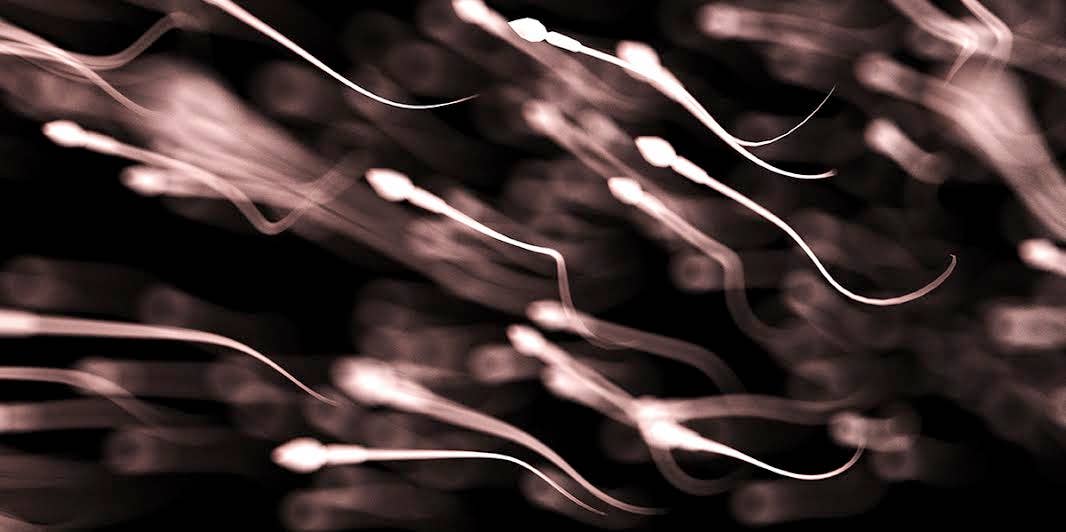Can You Get Coronavirus Through Semen? Inside The New Study Out Of China
This latest coronavirus revelation is shocking, to say the least.
 Sebastian Kaulitzki / 123RF
Sebastian Kaulitzki / 123RF COVID-19 is considered a novel coronavirus, meaning that it's a "new" virus with new details — and research — emerging about it every day.
While we seem to be no closer to a vaccine, or even to some answers about the true nature of COVID-19 (though research has confirmed that the virus wasn't man-made), a new bit of research has been released today that has the most shocking revelation — and burning question — of all:
Can you get coronavirus through semen?
Let's look at what we know about the latest scientific research.
Chinese doctors reveal they have detected coronavirus in semen.
According to a study released today by Shangqiu Municipal Hospital in China, coronavirus can indeed be found lurking in semen. The study also reveals that, of the 38 patients who were tested, 6 of the men tested positive for coronavirus in their semen. Of the 6 men, four were still recovering from the disease or actively infected, and two had completely recovered.
The study used a small control group.
When calculated mathematically, the research suggests that this control group is a very small one. What's more, if only 6 out of 38 men tested positive for coronavirus in their semen, it's difficult to make a positive assessment of coronavirus definitely being in semen. "Further studies are required with respect to the detailed information about virus shedding, survival time and concentration in semen,” wrote the Chinese research team.
Can coronavirus be sexually transmitted?
Obviously, because semen is ejaculated if an orgasm is achieved during sex, the question of whether COVID-19 can be sexually transmitted is raised. According to this Chinese research team, it's still unclear if COVID-19 can be sexually transmitted.
Can coronavirus be sexually transmitted post-recovery?
"Men who have recovered from coronavirus should abstain from sex in order to avoid passing the virus on via their semen. The findings have left scientists worried that the deadly disease could be sexually transmitted, raising the prospect of health chiefs advising people to avoid having sex for a set time after the end of their symptoms," suggests the study.
In other words, the study suggests that while it's unclear, overall, if COVID-19 can be sexually transmitted, those who have tested positive for the virus are well-served to abstain, even after recovery, from sex just to be safe.
The overall results are inconclusive.
Because the Chinese scientists who conducted this study used such a small control group — when conclusive scientific studies call for larger samples — the most that can be said about this new finding is that it is inconclusive. If another independent lab is able to reproduce the results with a larger control group, there could be some validity to the claims.
What can we take away from this new revelation?
Though doctors have been able to detect coronavirus in semen, it's unclear if transmission of the virus can happen through sexual intercourse. However, there is not enough information available to completely rule the possibility out.
Bernadette Giacomazzo is an editor, writer, publicist, and photographer whose work has appeared in Teen Vogue, People, Us Weekly, The Source, XXL, HipHopDX, The Los Angeles Times, The New York Post, BET.com, and more.
